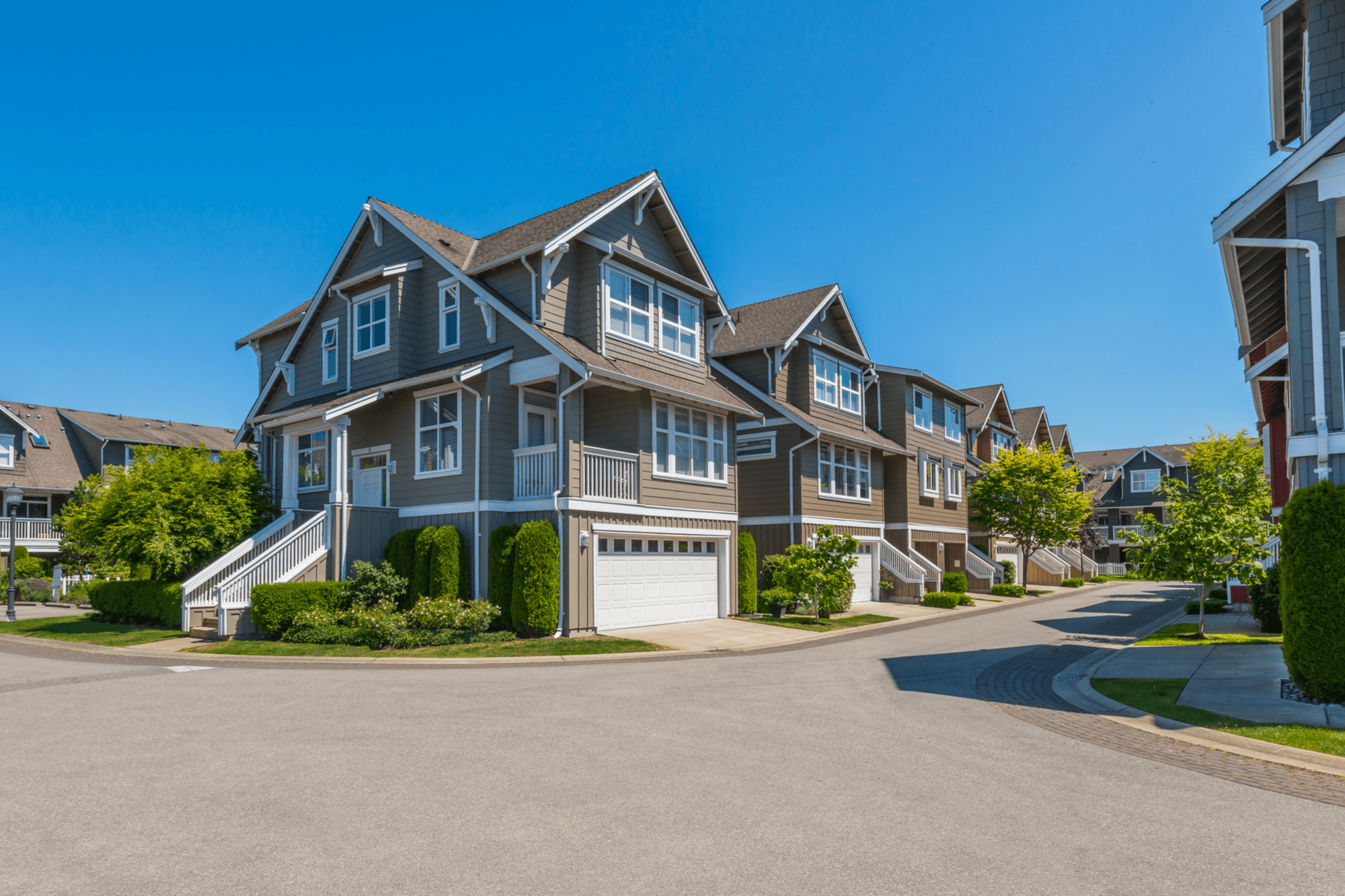Call Us: (413) 781-7000

Condo Association Insurance in Massachusetts
Proudly Providing Condo Association Insurance to Complexes in Massachusetts and Throughout New England
What is Condo Association Insurance?
While condo owners are generally responsible for insuring the units they own, they normally aren’t expected to insure their condo complex’s common areas. Condo associations are usually expected to insure common areas, and this is what condo association insurance is for. A good policy will cover the common areas that aren’t owned -- and, therefore, aren’t insured -- by any one condo owner. These areas might include:
- Entryways and hallways
- Stairwells and elevators
- Shared walls that are between units
- Exterior walls of buildings
- Landscaping surrounding buildings
- Work centers, fitness rooms, community rooms, and similar facilities
Most policies provide both liability coverage and property coverage for these kinds of areas. Liability coverage may help pay for medical bills and other expenses related to injuries that people sustain while in these common areas, and property coverage might help repair or rebuild these areas if they’re damaged or destroyed. (The exact protections that a condominium association insurance policy’s liability and property coverages provide will depend on the policy’s terms, conditions, exclusions and limits.)
Get a Free Quote!

Are There Different Types of Condominium Association Insurance?
Condo association insurance policies can be categorized into three groups based on how much protection they provide for people’s units. Bare walls-in policies afford few protections for individual units, while modified single entity policies offer robust protections for units. Single entity policies fall in between these two extremes.
(These categories don’t affect how much protection a policy provides for a condo complex’s common areas. They only refer to how much coverage a policy offers for individual units).
What are Bare Walls-In Policies?
Bare walls-in condo association policies only cover common elements of each unit. They generally provide coverage for the walls, floor and ceiling of units, and some also cover electrical and plumbing systems. If a Massachusetts condo association has this type of policy, it usually falls to the condo owners to insure everything inside their units -- often including their units’ cupboards, countertops, closet doors and other fixtures.
What is a Single Entity Policy?
Single entity policies usually cover everything that bare walls-in policies do (including electrical and plumbing systems), and they also add coverage for standard buildouts.
Standard buildouts normally include any fixtures or features that are included with every unit, as long as they haven’t been upgraded. Cupboards, countertops and closet doors often fall into this category, and, thus, are covered by these policies.
If a Massachusetts condo association has this type of policy, the association’s condo owners are typically only responsible for insuring any fixtures they’ve upgraded. For instance, if a condo owner replaced standard laminate countertops with granite ones, the owner might need to purchase insurance coverage for their upgraded counters.

What is a Modified Single Entity Policy?
Modified single entity policies generally add coverage for upgraded fixtures and features to the list of coverages that single entity policies offer. When condo associations select this type of policy, owners usually don’t have to insure any part of their unit. They typically only need coverage for their personal belongings, which most condo owners should have regardless of their association’s policy.
How Can Condo Associations in Massachusetts Find a Policy?
For help comparing policies, condo associations in Massachusetts should contact an independent insurance agent who’s licensed in the state. An independent agent will be able to request quotes for different types of condo association insurance policies from multiple insurers, letting associations have their pick of all the policies that are available to them. There are independent agents who are familiar with condominium association insurance at Haberman Insurance Group that serve complexes throughout the state and beyond.



